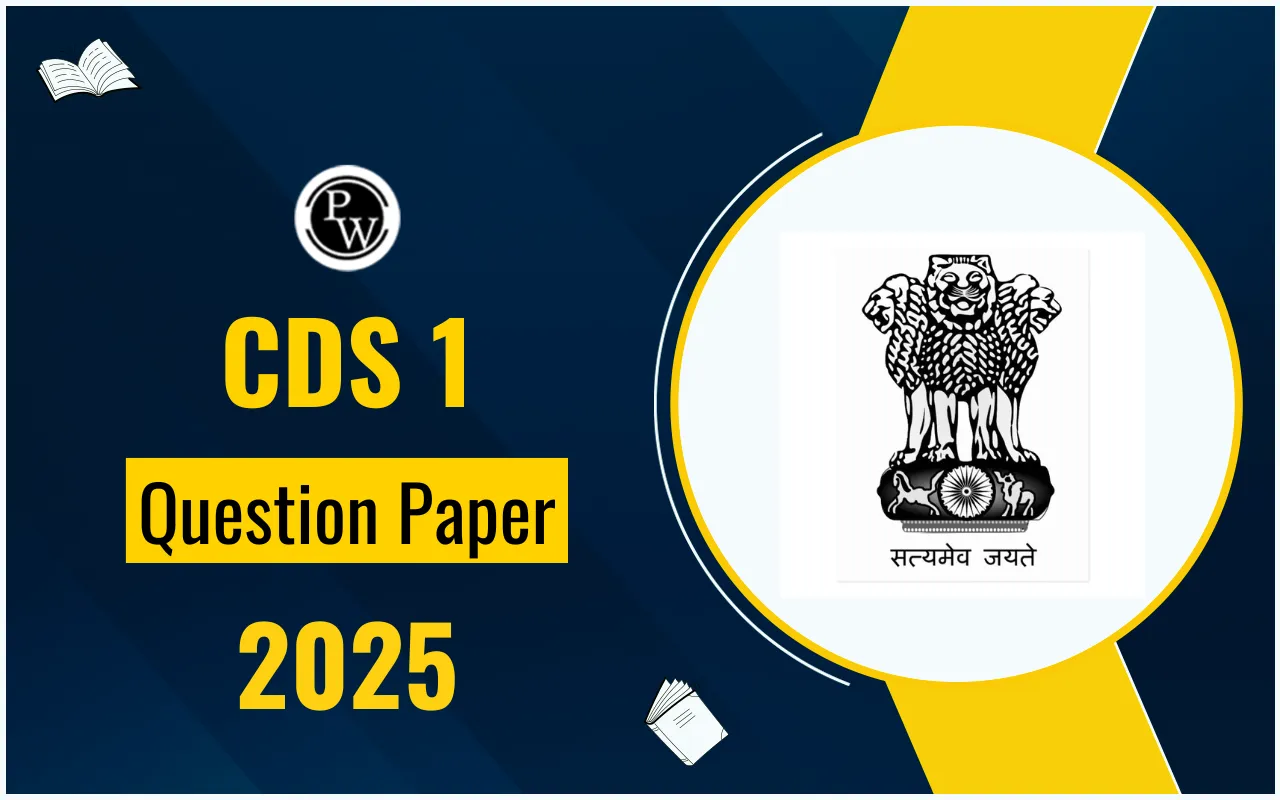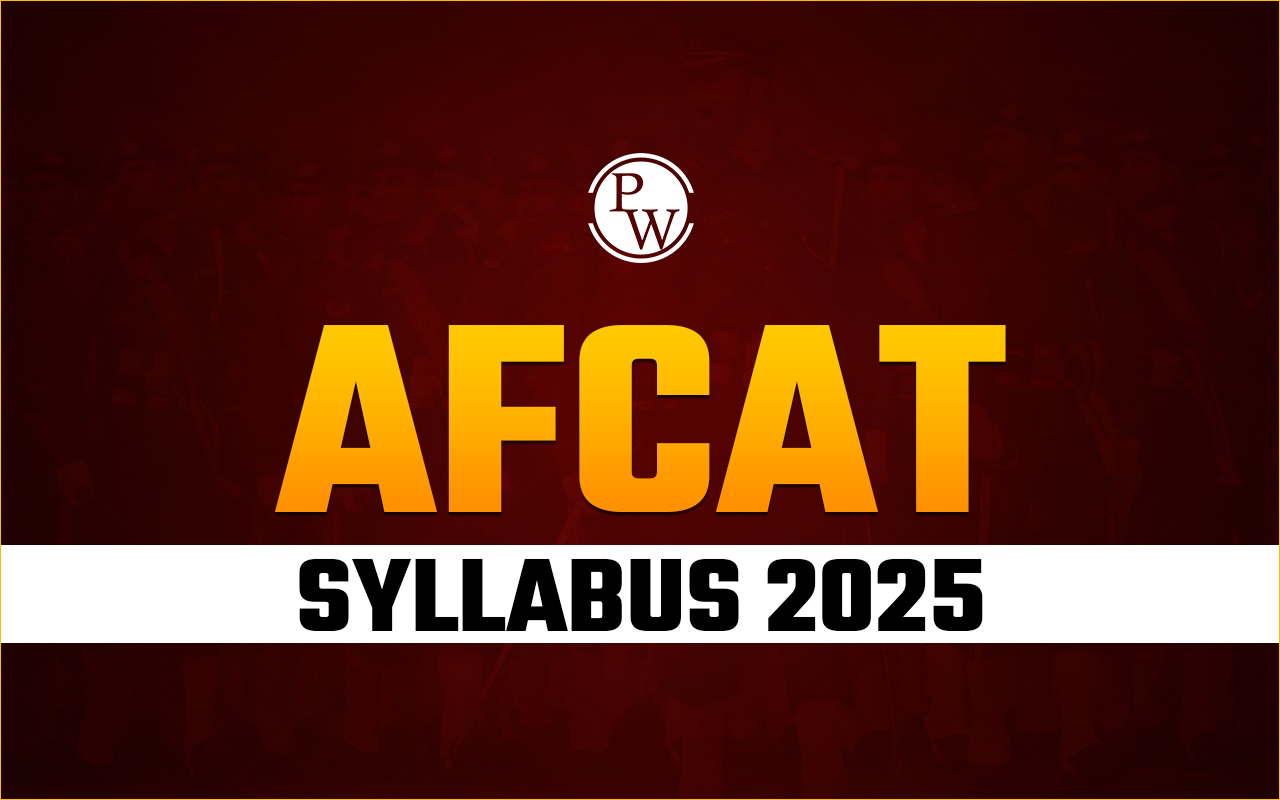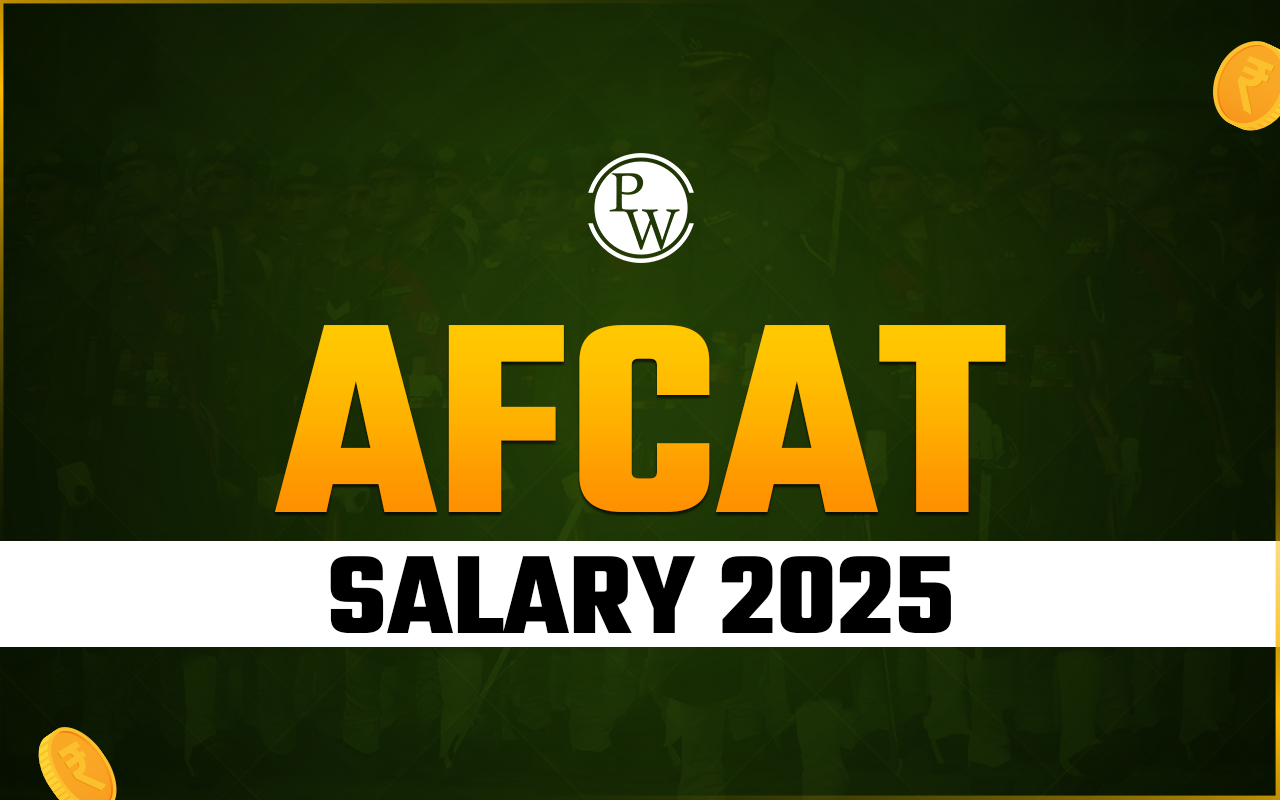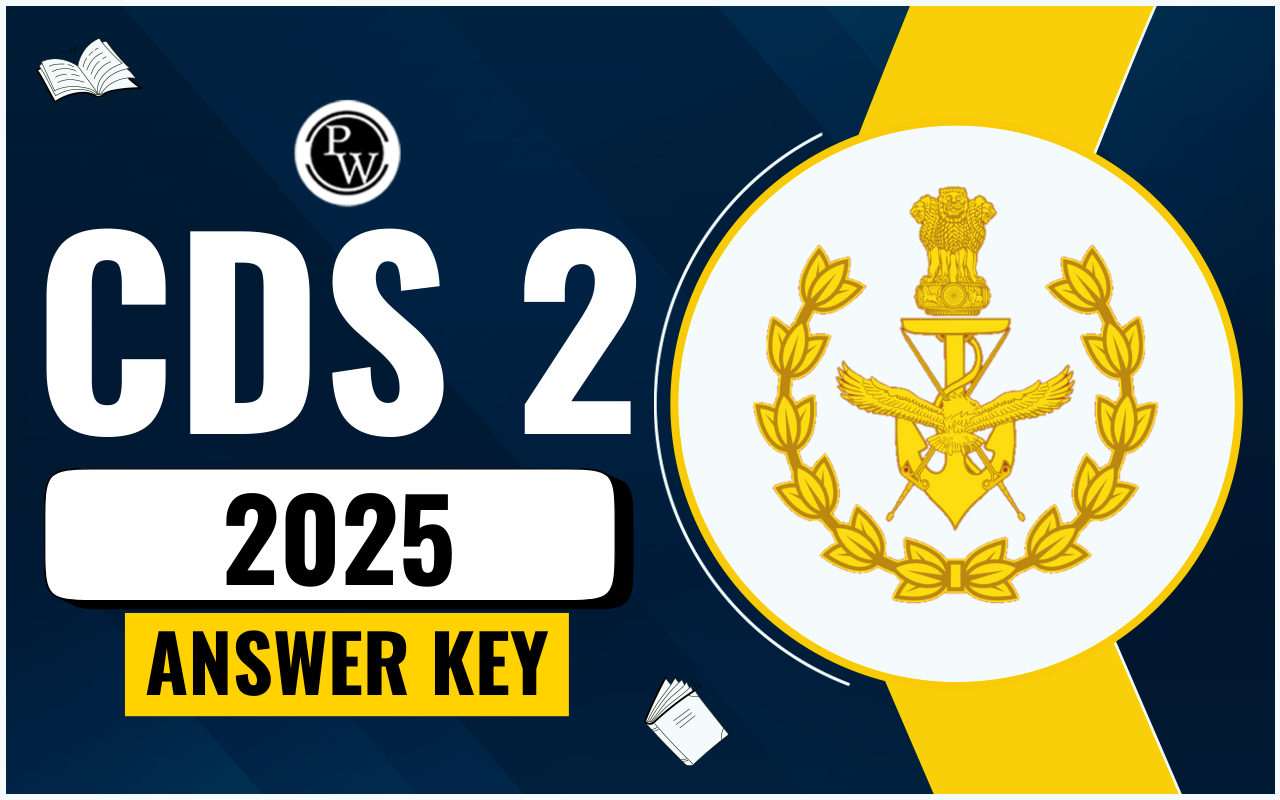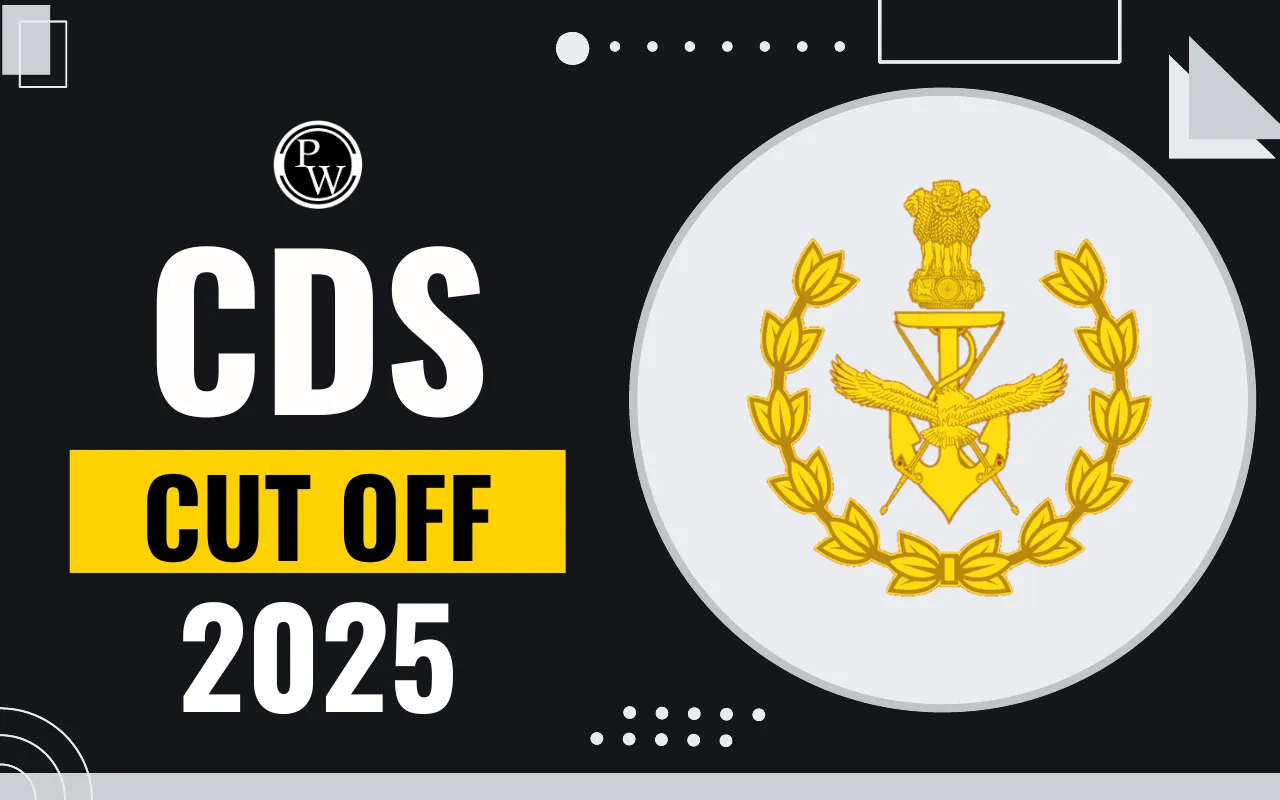
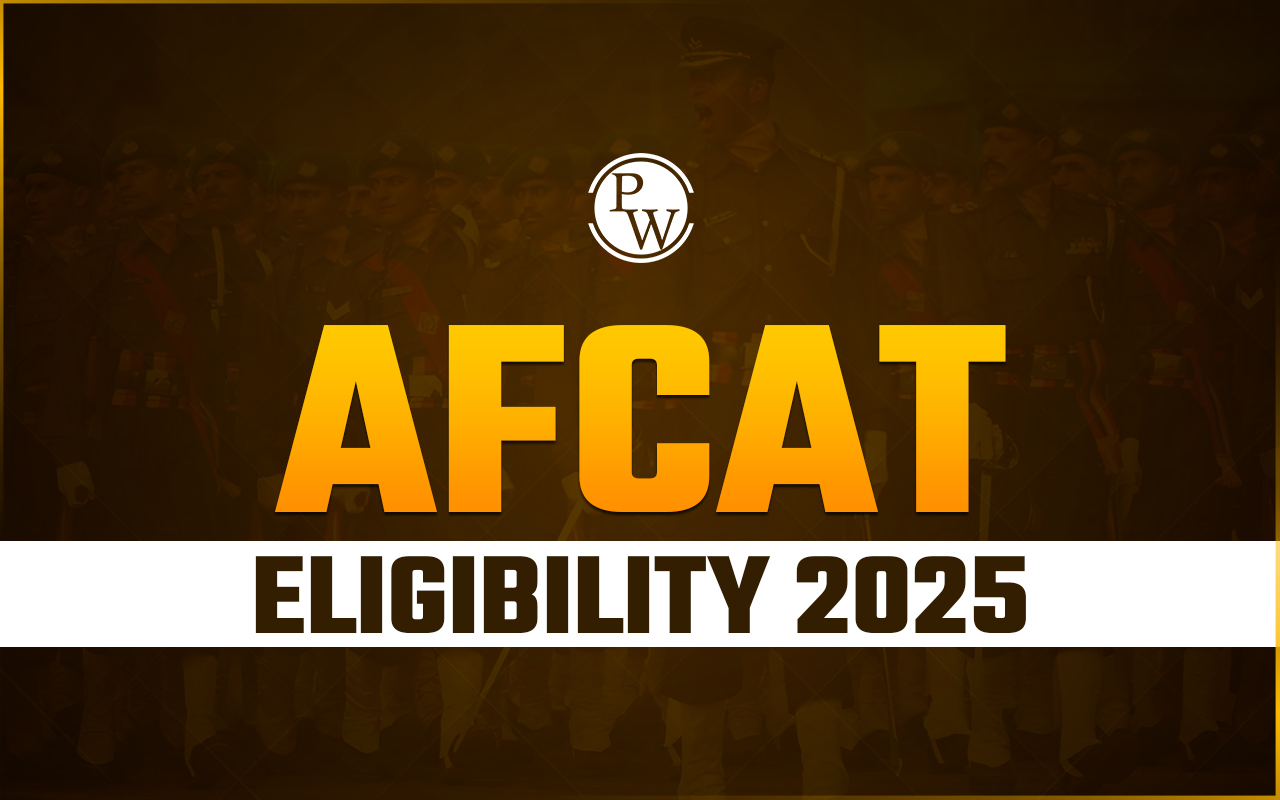
AFCAT Eligibility Criteria 2025: Indian Air Force releases detailed eligibility parameters such as AFCAT Age Limit 2025, educational qualification, nationality, and physical standards in its official notification. AFCAT, or Air Force Common Admission Test, is conducted twice a year to recruit eligible candidates for the Flying branch and Ground Duty (Technical and non-technical) Branch.
AFCAT eligibility includes specific norms for both male and female candidates, such as AFCAT qualification 2025, AFCAT physical eligibility 2025, and marital status requirements. Candidates must fulfill the AFCAT eligibility criteria before submitting the online application form to avoid disqualification.
In brief, candidates who have passed the 12th standard in Maths and Physics subjects and are at least 20 years old are eligible to apply for the AFCAT 2025 Exam. Here discuss the AFCAT eligibility for engineering graduates, non-technical aspirants, and other roles under the Indian Air Force recruitment 2025 campaign.
AFCAT Eligibility 2025
AFCAT Eligibility 2025 for the Flying branch and Ground Duty (Technical and non-technical) Branch is updated through the official notification. All the candidates must fulfil all the AFCAT age limits for the flying branch and ground duty before submitting the online application form. If any aspirant is found ineligible at any recruitment stage, their candidature will be disqualified, and the applications will be rejected immediately. The AFCAT Eligibility Criteria 2025 have been decided based on the following parameters.- AFCAT Age Limit for Male & Female
- AFCAT Educational Qualification
- Nationality & Marital Status
- Physical Standard
AFCAT Eligibility for Females 2025
AFCAT eligibility for females includes age, educational qualification, and physical standards specific to each branch. For the flying branch, the age limit is 20 to 24 years, and for ground duty branches, it is 20 to 26 years. Female candidates are required to fulfill physical fitness eligibility, i.e., minimum height of 162.5 cm for Flying Branch and 152 cm for Ground Duty. Additionally, other eligibility includes Indian citizenship, being unmarried at training commencement, and holding a valid degree with required marks in Physics and Maths at Class 10 and 12.
AFCAT Eligibility for Male 2025
AFCAT eligibility for male candidates differs in terms of height requirements but remains the same in age and qualification. Candidates applying for Flying Branch must be 20 to 24 years old, and those applying for Ground Duty (Technical and Non-Technical) must be between 20 and 26 years old. The minimum height for Ground Duty is 157.5 cm and 162.5 cm for Flying branch. Further, candidates must pass graduation with 60% and Maths and Physics in Class 10 and Class 12 are mandatory.
AFCAT Eligibility Criteria 2025 Overview
AFCAT Eligibility for female and male candidates will be released through the official notification. Before submitting the online application form, candidates must ensure they fulfill the AFCAT age limit for ground duty and flying branches. Here are the key highlights of the AFCAT eligibility age shared below for the ease of the aspirants.| AFCAT Eligibility Criteria 2025 Overview | |
| Exam Conducting Board | Indian Air Force |
| AFCAT Full Form | Air Force Common Admission Test |
| AFCAT Age Limit 2025 | 20 Years (Minimum) |
| Educational Qualification | 12th pass with 50% in Maths and Physics |
| Nationality | Indian |
| Marital Status | Unmarried |
| Physical Standards | Physical Standard Flying Branch: 162.5 cm Ground Duty Male: 157.5 cm Female: 152 cm |
AFCAT Age Limit 2025
AFCAT Age Limit for the Flying Branch and Ground Duty (Technical and non-technical) Branch is updated here. Aspirants must note that only the Date of Birth as mentioned in the Matriculation/ Higher Secondary Examination Certificate or an equivalent certificate will be approved by the IAF for AFCAT 2025 Recruitment. The AFCAT Age Limit for male and female candidates is shared below.AFCAT Age Limit for Flying Branch
AFCAT Age Limit for Flying Branch will be between 20 to 24 years as of 01 July 2025. Those were born between 02 January 2001 to 01 July 2005. However, there will be a relaxation in the upper age limit of up to 26 years for aspirants holding a valid and current Commercial Pilot License issued by DGCA (India), i.e. born between 02 July 1999 to 01 July 2005 (both dates inclusive).AFCAT Age Limit for Ground Duty (Technical & Non-Technical) Branch
AFCAT Age Limit for Ground Duty (Technical & Non-Technical) Branch will be between 20 to 26 years as of 01 January 2025. Candidates born between 02 July 1999 and 01 July 2005 as of 1st July 2025 are eligible for the post.AFCAT Eligibility 2025
Candidates must be familiar with the AFCAT Eligibility 2025 for the Flying branch and Ground Duty (Technical and non-technical) Branch in terms of educational qualification, nationality, marital status, physical standard requirements, etc, as prescribed in the official notification. Apart from fulfilling the AFCAT Age Limit 2025, the AFCAT Qualification for the Flying Branch, Ground Duty (Technical) Branch, and Ground Duty (Non-Technical) Branches are discussed below.AFCAT Eligibility for Flying Branch
Candidates willing to apply for the flying branch must review the AFCAT Eligibility 2025 for the Flying Branch to ensure clarity at all recruitment stages. The minimum AFCAT qualification for the flying branch is discussed below.- Passed with at least 50% marks each in Maths and Physics at the 10+2 level and
- Graduation in any discipline from a recognised University with a minimum of 60% marks or equivalent. OR
- BE/B Tech degree (Four-year course) from a recognised University with at least 60% marks or equivalent OR
- Passed Section A & B examination of Associate Membership of the Institution of Engineers (India) or Aeronautical Society of India from a recognised University with at least 60% marks or equivalent.
AFCAT Eligibility for Ground Duty (Technical) Branch
Candidates willing to apply for the Ground Duty (Technical) branch must check the AFCAT Eligibility 2025 for the Ground Duty to avoid rejection of their applications. The minimum AFCAT qualification for the Ground Duty (Technical) branch is discussed below. Aeronautical Engineer (Electronics) The AFCAT Eligibility 2025 for the Aeronautical Engineer (Electronics) post is shared below.- Candidates must have scored at least 50% marks each in Physics and Mathematics at the 10+2 level and at least four years of degree graduation/integrated post-graduation qualifications in Engineering/ Technology from a recognised University. OR
- Those who have passed the Sections A and B examination of Associate Membership of the Institution of Engineers (India) or Aeronautical Society of India, or Graduate membership examination of the Institution of Electronics and Telecommunication Engineers by actual studies with at least 60% marks or equivalent in the following disciplines.
- Applied Electronics & Instrumentation.
- Communication Engineering.
- Computer Engineering/Technology.
- Computer Engineering & Application.
- Computer Science and Engineering/Technology.
- Electrical and Computer Engineering.
- Electrical and Electronics Engineering.
- Electrical Engineering.
- Electronics Engineering/ Technology.
- Electronics Science and Engineering.
- Electronics.
- Electronics and Communication Engineering
- Electronics and Computer Science.
- Electronics and/or Telecommunication Engineering.
- Electronics and/or Telecommunication Engineering (Microwave).
- Electronics and Computer Engineering.
- Electronics, Communication, and Instrumentation Engineering.
- Electronics Instrument & Control.
- Electronics Instrument & Control Engineering.
- Instrumentation & Control Engineering.
- Instrument & Control Engineering.
- Information Technology.
- Spacecraft Technology.
- Engineering Physics.
- Electric Power and Machinery Engineering.
- Infotech Engineering.
- Cyber Security.
- Candidates must have scored at least 50% marks each in Physics and Mathematics at the 10+2 level and a graduation/integrated post-graduation qualification in Engineering/Technology from a recognised University. OR
- Passed Sections A & B examination of Associate Membership of the Institution of Engineers (India) or the Aeronautical Society of India by actual studies with at least 60% marks or equivalent
- Aerospace Engineering.
- Aeronautical Engineering.
- Aircraft Maintenance Engineering.
- Mechanical Engineering.
- Mechanical Engineering and Automation.
- Mechanical Engineering (Production).
- Mechanical Engineering (Repair and Maintenance).
- Mechatronics.
- Industrial Engineering.
- Manufacturing Engineering.
- Production and Industrial Engineering.
- Materials Science and Engineering.
- Metallurgical and Materials Engineering.
- Aerospace and Applied Mechanics.
- Automotive Engineering.
- Robotics
- Nanotechnology
- Rubber Technology and Rubber Engineering
AFCAT Eligibility for Ground Duty (Non-Technical) Branch
Candidates willing to apply for the Ground Duty (Non-Technical) branch must check the AFCAT Eligibility 2025 for the Ground Duty to avoid cancellation of their applications. The minimum AFCAT qualification for the Ground Duty (Non-Technical) branch is discussed below. Weapon Systems (WS) Branch The AFCAT Eligibility 2025 for Weapon Systems (WS) Branch post is shared below.- Must have mandatorily passed with a minimum of 50% marks each in Maths and Physics at the 10+2 level and
- Graduation with a minimum of a three-year degree course in any discipline from a recognised University with a minimum of 60% marks or equivalent. OR
- BE/B Tech degree (Four-year course) from a recognised University with a minimum of 60% marks or equivalent.
- Passed 10+2 and Graduate Degree (Minimum three-year degree course) in any discipline from a recognised university with a minimum of 60% marks or equivalent. Or
- Passed section A & B examination of Associate Membership of the Institution of Engineers (India) or Aeronautical Society of India from a recognised university with a minimum of 60% marks or equivalent
- Passed 10+2 and graduation in any of the following streams with 60 % marks or equivalent from a recognised university:-
- B.Com Degree (Minimum three-year course).
- Bachelor of Business Administration (with specialisation in Finance)/ Bachelor of Management Studies (with specialisation in Finance)/ Bachelor of Business Studies (with specialisation in Finance)
- Qualified CA/ CMA/ CS/ CFA. (aad) B.Sc. with specialisation in Finance
- Communication Engineering.
- Computer Engineering/Technology.
- Computer Engineering and Applications.
- Computer Science and Engineering/Technology.
- Electrical and Computer Engineering.
- Electrical and Electronics Engineering.
- Electronics Engineering/Technology.
- Electronics Science and Engineering.
- Electronics.
- Electronics and Communication Engineering.
- Electronics and Computer Science.
- Electronics and/or Telecommunication Engineering.
- Electronics and/or Telecommunication Engineering (Microwave).
- Electronics, Communication, and Instrumentation Engineering.
- Information Technology.
- Mechanical Engineering
AFCAT Eligibility 2025 Nationality and Marital Status
Apart from the AFCAT Age limit of 2025, candidates must also check the nationality and marital status requirements to be considered eligible for the post. Here is the AFCAT Eligibility 2025 regarding nationality and marital status for both male and female candidates, shared below.- The candidate should be a citizen of India as per the Indian Citizenship Act of 1955.
- Candidates must be unmarried during the course commencement, and marriage is prohibited during training.
- Anyone who marries during the training period shall be discharged and liable to refund all expenses incurred by the Government.
AFCAT Eligibility 2025 Physical Standards, Height, Weight
All interested candidates should review the branch-wise AFCAT height and weight and physical standard requirements for male and female aspirants. Check the acceptable measurements of leg length, thigh length, and sitting height as per the AFCAT Eligibility for Flying Branch and Ground Duty below.| AFCAT Physical Eligibility for Flying Branch | ||
| Parameters | Minimum | Maximum |
| Acceptable Height | 162.5 cm | - |
| Sitting height | 81.5 cm | 96.0 cm |
| Leg Length | 99.0 cm | 120.0 cm |
| Thigh Length | - | 64.0 cm |
| AFCAT Physical Eligibility for Ground Duty | ||
| Parameters | Minimum Height | |
| For Male Candidates | 157.5 cm. | |
| For Female Candidates | 152 cm | |
- For male candidates, the minimum acceptable height will be 5 cm less (152.5 cm) for Gorkhas and individuals from the North-Eastern regions of India and the hilly regions of Uttarakhand. In the case of aspirants from Lakshadweep, the minimum acceptable height can be reduced by 2 cm (155.5 cm).
- For female candidates, the lower minimum height of 147 cm will be accepted for candidates from the North East region or the hilly regions of Uttarakhand. In the case of aspirants from Lakshadweep, the minimum acceptable height will be 150 cm.
AFCAT Eligibility 2025 FAQs
What is the minimum AFCAT Age Limit 2025 for male and female candidates?
What is the age limit for AFCAT Ground Duty?
What is the minimum qualification as per the AFCAT Eligibility 2025?
What are the physical standard requirements for AFCAT?
Does final year students eligible to apply for AFCAT?
Can candidates from Lakshadweep get height relaxation in AFCAT?
Is there any marital status restriction for AFCAT?



